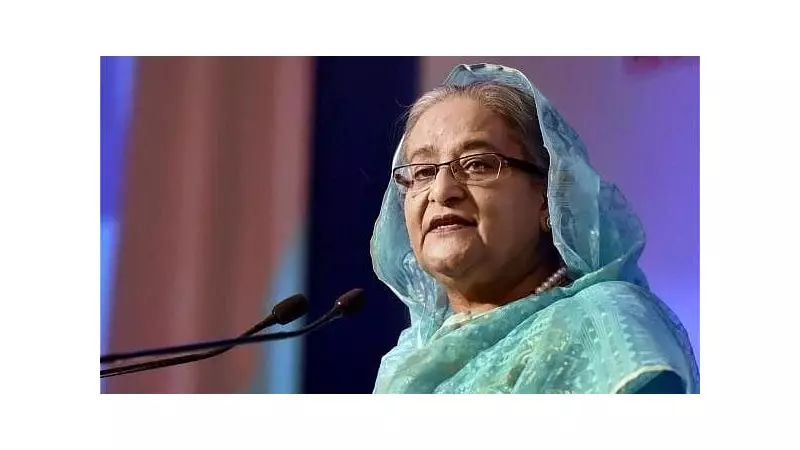
Former Bangladesh Prime Minister Sheikh Hasina has vehemently denounced a court decision sentencing her to death, labeling the judicial process as fundamentally flawed and politically motivated.
Hasina's Strong Condemnation
In a dramatic statement issued on November 17, 2025, the ousted leader declared that the verdict against her was delivered by what she described as a rigged tribunal. Hasina emphasized that this judicial body was established and presided over by an unelected government that lacks any democratic mandate from the people of Bangladesh.
The former prime minister, who was removed from power last year, made these explosive allegations while responding to the court's decision that has sent shockwaves through Bangladesh's political landscape. Her statement represents a direct challenge to the legitimacy of both the current administration and its judicial apparatus.
The Political Context
The situation stems from the political upheaval that saw Hasina's government ousted in 2024. Since her removal, the country has been governed by an administration that Hasina and her supporters consider illegitimate. The establishment of the tribunal that delivered the death sentence has been particularly controversial, with opposition figures questioning its independence and fairness.
Hasina's characterization of the government as unelected and lacking a democratic mandate underscores the deep political divisions that have plagued Bangladesh since her removal from office. The timing and nature of the court's decision have raised eyebrows among international observers monitoring the country's democratic processes.
Regional Implications
This development carries significant implications for South Asian politics and regional stability. Bangladesh's political crisis comes at a time when democratic norms are being tested across the region. The allegations of judicial manipulation could potentially strain Bangladesh's international relationships and affect its standing in global forums.
The case has drawn attention to the fragile state of democratic institutions in Bangladesh and raises important questions about the separation of powers and judicial independence in the country. As the situation continues to unfold, international bodies and neighboring countries, including India, are closely monitoring developments given Bangladesh's strategic importance in the region.
The death sentence against a former prime minister represents an unprecedented escalation in Bangladesh's political conflicts and could potentially trigger wider political unrest. Both domestic and international stakeholders are awaiting further developments in what has become one of the most significant political dramas in Bangladesh's recent history.






